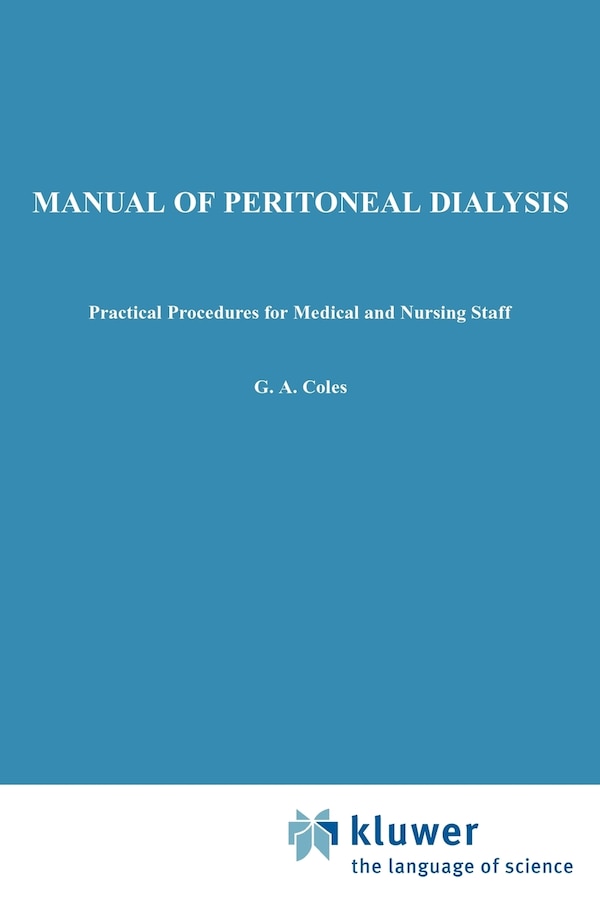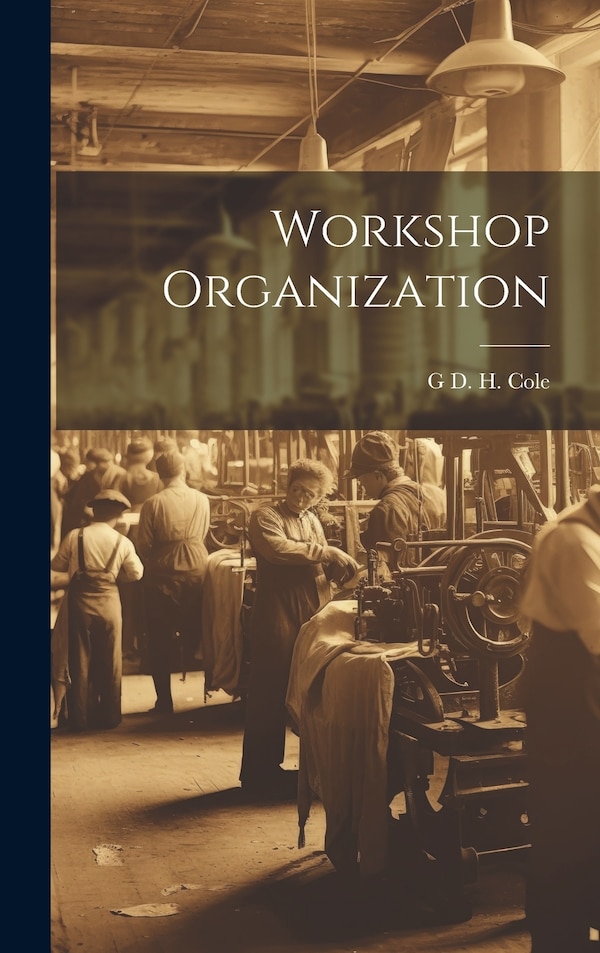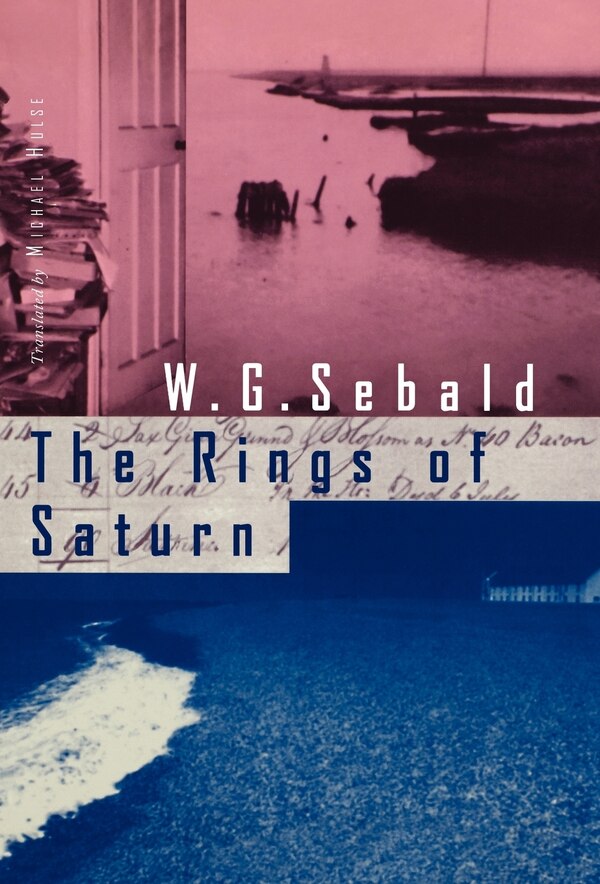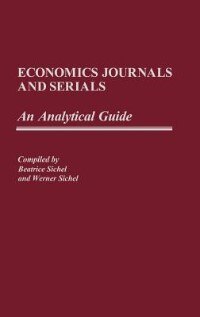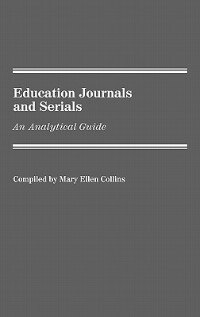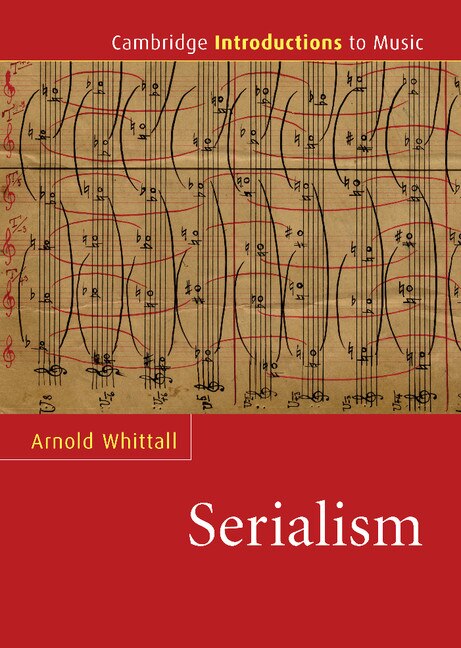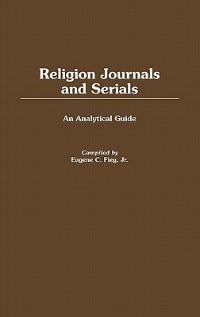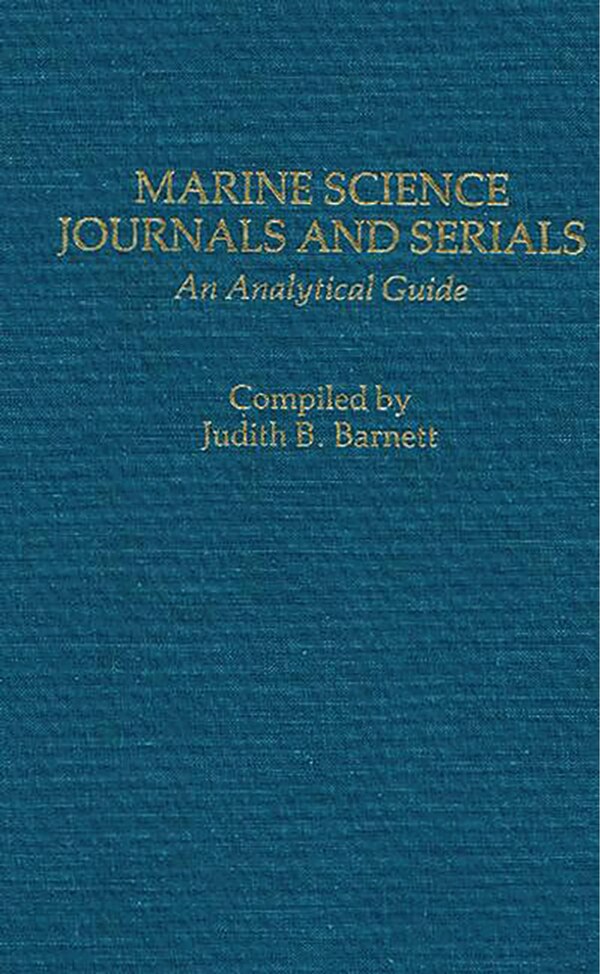
Choice Made Simple!
Too many options?Click below to purchase an online gift card that can be used at participating retailers in Village Green Shopping Centre and continue your shopping IN CENTRE!Purchase HereHome
Serial Rings by G Puninski, Hardcover | Indigo Chapters
Coles
Loading Inventory...
Serial Rings by G Puninski, Hardcover | Indigo Chapters in Vernon, BC
From G Puninski
Current price: $71.50
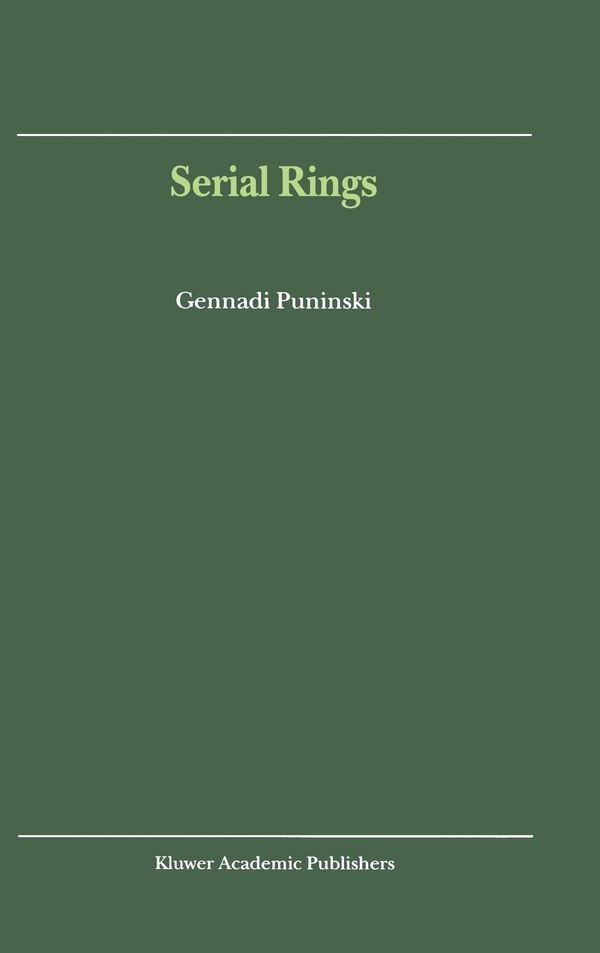
Coles
Serial Rings by G Puninski, Hardcover | Indigo Chapters in Vernon, BC
From G Puninski
Current price: $71.50
Loading Inventory...
Size: 0.56 x 9.21 x 1.13
*Product information may vary - to confirm product availability, pricing, shipping and return information please contact Coles
The main theme in classical ring theory is the structure theory of rings of a particular kind. For example, no one text book in ring theory could miss the Wedderburn-Artin theorem, which says that a ring R is semisimple Artinian iffR is isomorphic to a finite direct sum of full matrix rings over skew fields. This is an example of a finiteness condition which, at least historically, has dominated in ring theory. Ifwe would like to consider a requirement of a lattice-theoretical type, other than being Artinian or Noetherian, the most natural is uni-seriality. Here a module M is called uni-serial if its lattice of submodules is a chain, and a ring R is uni-serial if both RR and RR are uni-serial modules. The class of uni-serial rings includes commutative valuation rings and closed under homomorphic images. But it is not closed under direct sums nor with respect to Morita equivalence: a matrix ring over a uni-serial ring is not uni-serial. There is a class of rings which is very close to uni-serial but closed under the constructions just mentioned: serial rings. A ring R is called serial if RR and RR is a direct sum (necessarily finite) of uni-serial modules. Amongst others this class includes triangular matrix rings over a skew field. Also if F is a finite field of characteristic p and G is a finite group with a cyclic normal p-Sylow subgroup, then the group ring FG is serial. | Serial Rings by G Puninski, Hardcover | Indigo Chapters
The main theme in classical ring theory is the structure theory of rings of a particular kind. For example, no one text book in ring theory could miss the Wedderburn-Artin theorem, which says that a ring R is semisimple Artinian iffR is isomorphic to a finite direct sum of full matrix rings over skew fields. This is an example of a finiteness condition which, at least historically, has dominated in ring theory. Ifwe would like to consider a requirement of a lattice-theoretical type, other than being Artinian or Noetherian, the most natural is uni-seriality. Here a module M is called uni-serial if its lattice of submodules is a chain, and a ring R is uni-serial if both RR and RR are uni-serial modules. The class of uni-serial rings includes commutative valuation rings and closed under homomorphic images. But it is not closed under direct sums nor with respect to Morita equivalence: a matrix ring over a uni-serial ring is not uni-serial. There is a class of rings which is very close to uni-serial but closed under the constructions just mentioned: serial rings. A ring R is called serial if RR and RR is a direct sum (necessarily finite) of uni-serial modules. Amongst others this class includes triangular matrix rings over a skew field. Also if F is a finite field of characteristic p and G is a finite group with a cyclic normal p-Sylow subgroup, then the group ring FG is serial. | Serial Rings by G Puninski, Hardcover | Indigo Chapters


